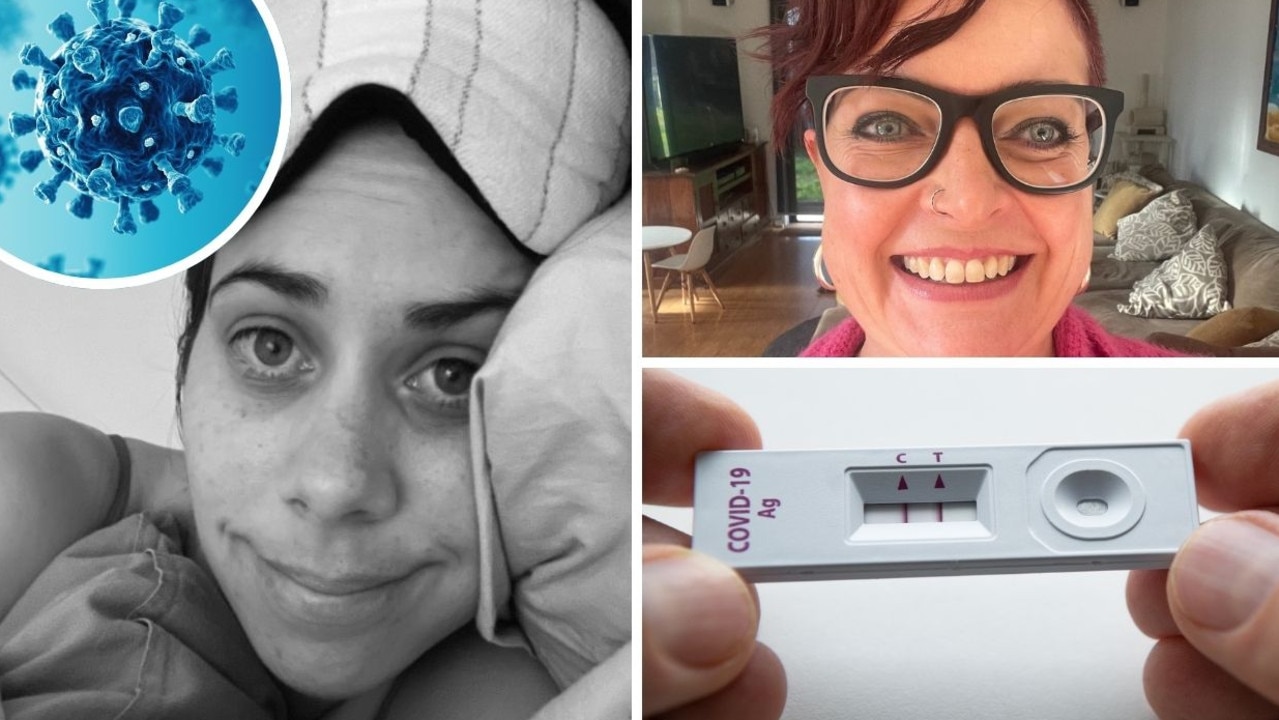Covid-19: New face masks coated with antiviral substance to fight virus
A new reusable face mask coated with an antiviral substance that works against the virus that causes Covid could be on sale by Christmas.
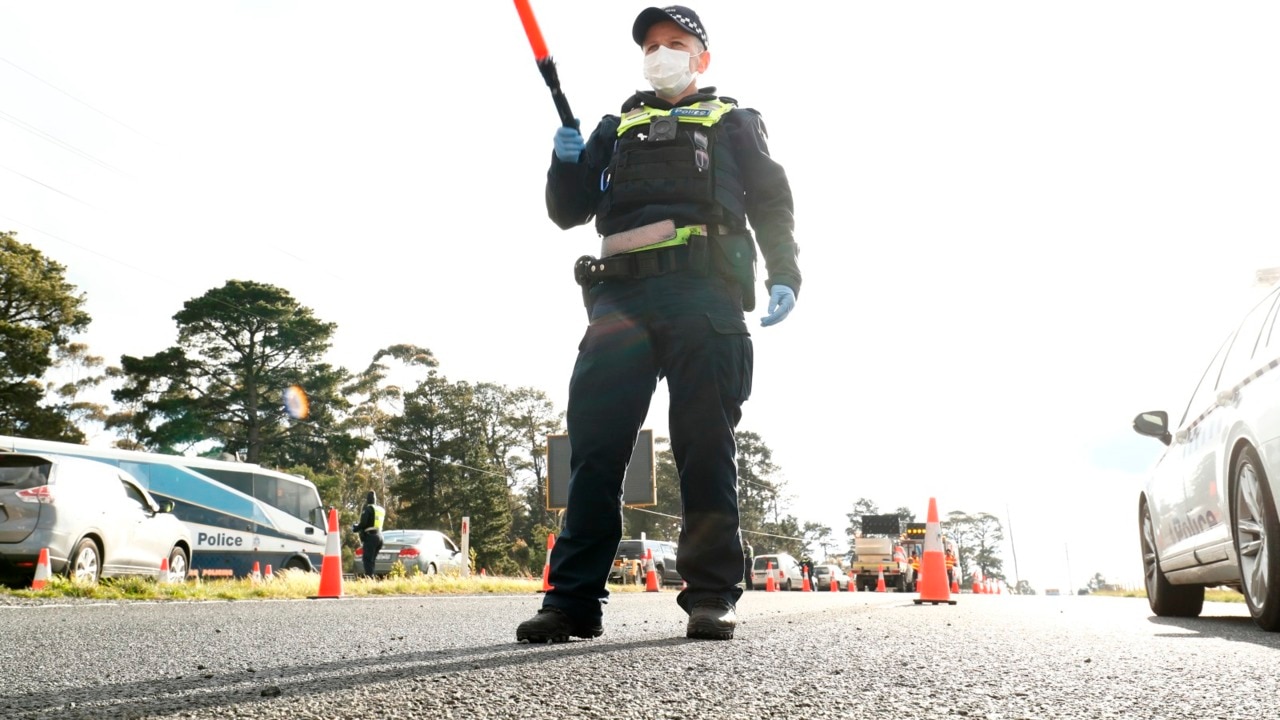
Coronavirus
Don't miss out on the headlines from Coronavirus. Followed categories will be added to My News.
Exclusive: New re-usable face masks coated with antiviral materials could be on the market by the end of this year and could help stop the masses of medical waste generated by the pandemic.
The UK-based and Australian financed company ViraCoat has developed a new re-usable N95 face mask coated with an antiviral and antimicrobial substance that works against the virus that causes Covid (including all current mutations).
And another international team of scientists and engineers from the University of Cambridge and the Icahn School of Medicine at Mount Sinai has developed a nylon fabric embedded with zinc ions that lab tests showed inactivated 99 per of the virus that causes Covid and the common flu within one hour.
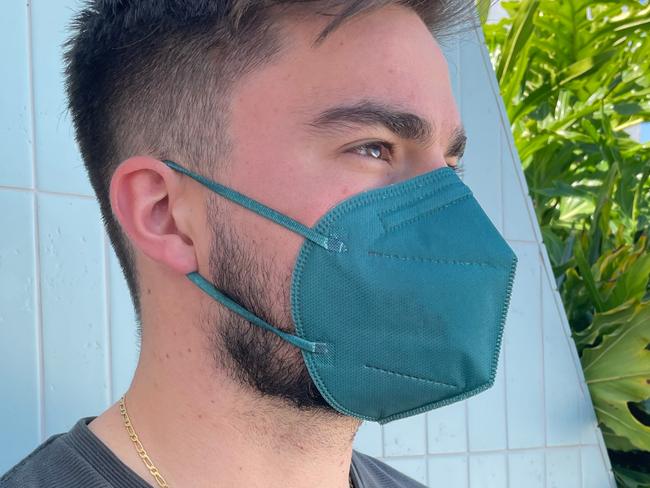
The nylon material could be used not just on masks but also other personal protective equipment like gowns and it too can be re-used with tests showing the virus-inactivating zinc ions still work after 50 washes.
It comes as research by the US Centres for Disease Control has found double masking — wearing a surgical mask under a cloth mask — and using a technique called “knot and tuck” can block more than 90 per cent of viral particles.
Here is a video on how to knot and tuck a surgical mask.
This is twice the 42-44 per cent of virus particles blocked by single surgical or cloth masks.
Experts at a Doherty Institute briefing this week warned Australians they will still have to wear face masks indoors even when we reach 80 per cent vaccination rates.
This is because vaccinated people can still get infected with Covid and transmit it even though they are less likely to end up in hospital or become severely ill and die.
“Masks are probably here to stay even indoors and I think the reason for that is they’re relatively low cost impost that we know reduces transmission by some amount,” Monash University infectious diseases expert Dr Michael Lydeamore said.
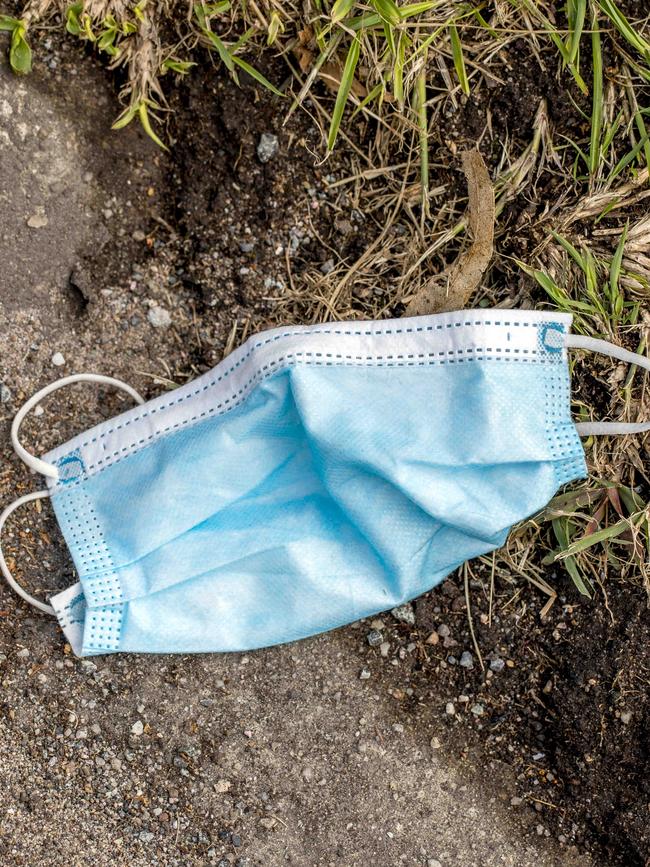
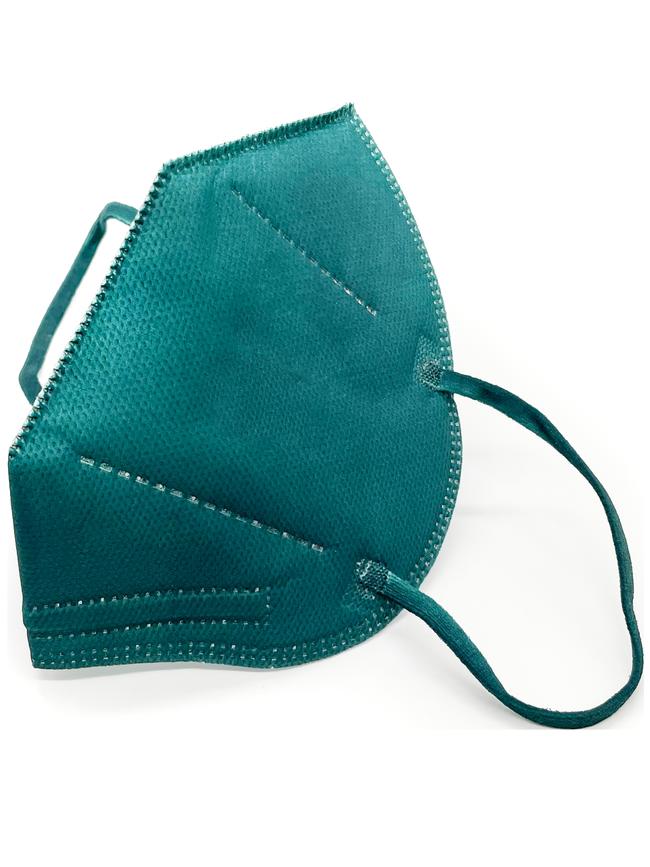
A group of experts, called OzSAGE, is also calling for masks indoors to remain mandatory.
ViraCoat is planning to begin production of its mask in Australia in December and is currently undergoing regulatory approval in the UK and Australia.
“The antimicrobial coating of ViraCoat can significantly reduce the risks of contamination of wearers associated with handling masks, which may have SARS-CoV-2 and other viruses on their surface, for example while putting them on, removing them or disposing of the masks,” ViraCoat’s chief scientific officer Dr Muhammad Munir said.
The masks, which have undergone testing in facilities at Lancaster University, have already shown to be resistant to the Alpha, Beta, Gamma and Delta variants of the virus that causes Covid.
The research team behind the zinc mask said polypropylene — the material in commonly used in regular disposable masks — does not absorb moisture and viruses can sit on the surface of the mask, posing a transmission risk when the mask is handled.
“Cotton effectively absorbs moisture, but it doesn’t inactivate the virus – again, posing a transmission risk,” Dr Vikram Gopal, co-senior author of the study and chief technology officer at Ascend Performance Materials said.
The research team demonstrated that nylon with active zinc ions was still able to inactivate the virus after 50 washes.
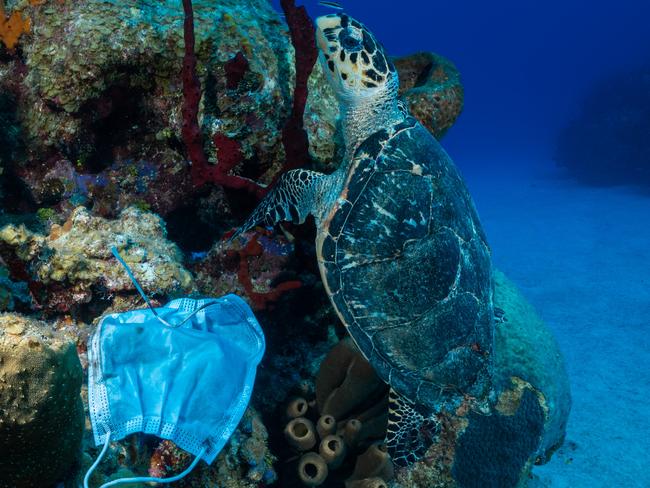
“By making PPE washable and reusable, you reduce the need for single-use products, keeping hundreds of millions of masks out of landfills,” he said.
Monash University researcher Dr. Tanveer Adyel has estimated if the global population uses one disposable face mask per day the pandemic could result in a monthly global consumption and waste of 129 billion face masks and 65 billion gloves.
Health workers can change masks between three and eight times a day and the disposal of masks worn by members of the public is adding to the mountains of medical waste.
ViraCoat and Ascend Performance Materials claim their re-usable masks could help to reduce clinical waste.




